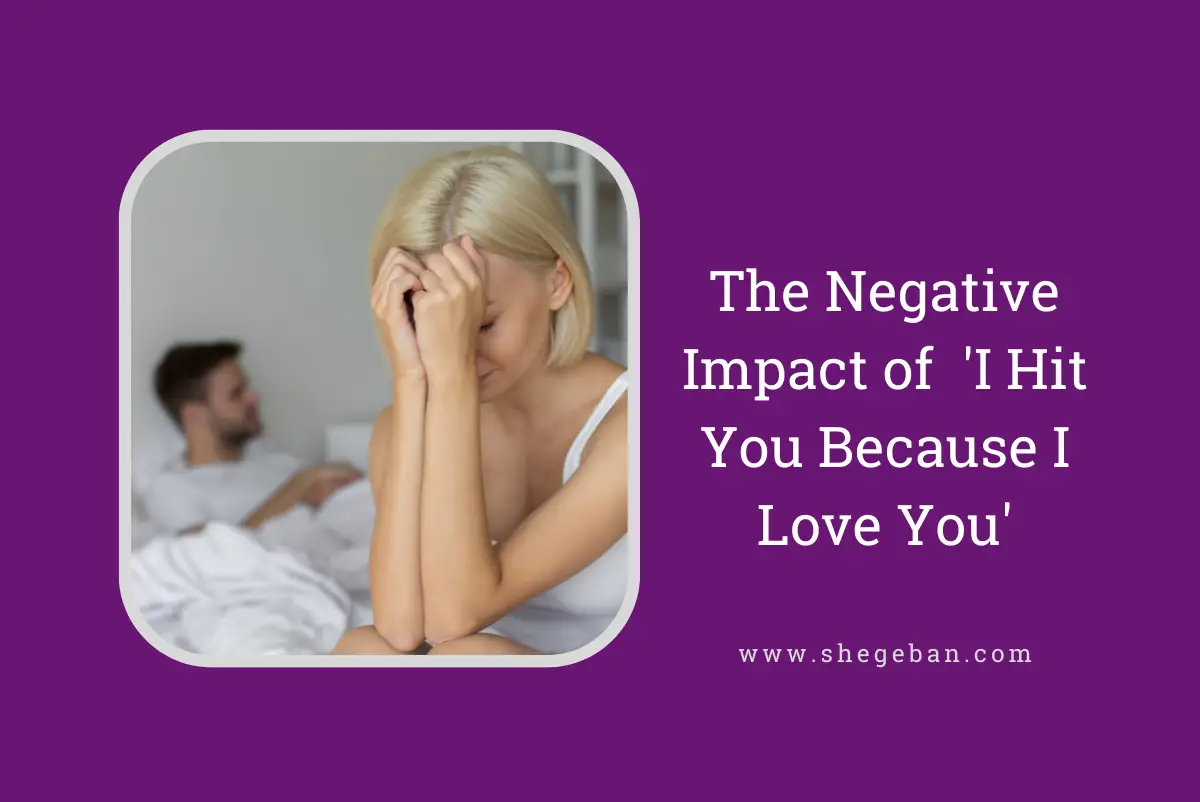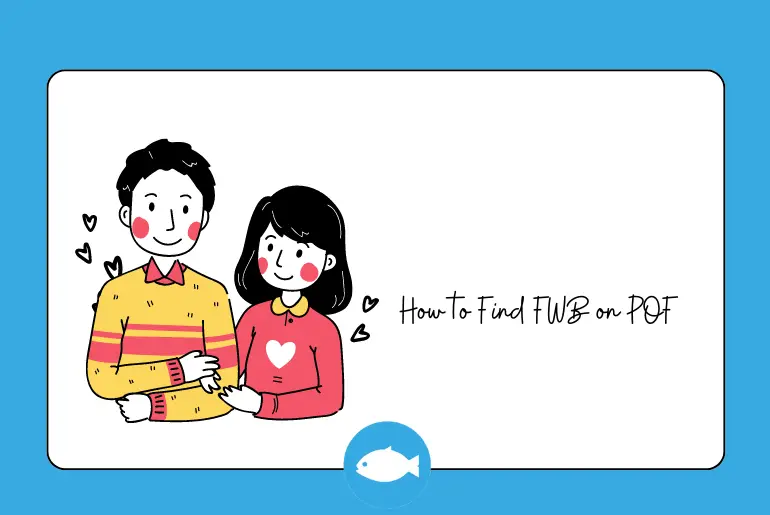Are you also marveled at why people get into overlapping relationships? Imagine someone involved in another relationship while they are married or already in a committed relationship. Absurd, right? Naturally, this piques the curiosity of many people who tend to want to understand the ideology behind overlapping relationships.
You are in the right place if you find yourself among the curious. In this blog post, you will discover the psychology of overlapping relationships.
I will also shed more light on the reasons why people engage in such relationships. Additionally, I will examine the drawbacks of getting into these relationships.
What Are Overlapping Relationships?
An overlapping relationship is when an individual becomes involved in a new romantic or intimate relationship while still being committed to or involved with another person.
This can happen in various ways, such as having an affair while being married or entering into a new relationship while still emotionally invested in a previous one.
Now, despite the secrecy and risk involved, a lot of people still go into these relationships. Why? Continue reading to learn more about the overlapping relationships.
Overlapping Relationships Psychology
The psychology of overlapping relationships is a complex topic. Finding yourself involved in multiple relationships simultaneously can often result from deep-rooted emotional needs or unresolved issues.
Sometimes, a person may seek validation, attention, or affection that they feel is lacking in their relationship by pursuing another. You must know that overlapping relationships are not solely about physical infidelity. They can also involve emotional connections with multiple partners.
Psychologically, overlapping relationships can create a sense of excitement and novelty. This is because you may experience a temporary escape from the challenges or dissatisfaction you might be facing in your primary relationship.
This may provide you with a temporary boost to your self-esteem and create a feeling of being desired or wanted. However, it’s crucial to recognize that these relationships often come with emotional consequences.
They can lead to feelings of guilt, secrecy, and internal conflict, affecting the mental well-being of all parties involved. Below you will discover the common reasons why people get into overlapping relationships.
10 Reasons People Get Into Overlapping Relationships
To feel desired and wanted is the main reason why a lot of people get involved in multiple relationships. However, there are several other common reasons which I will mention below;
1. They are not emotionally satisfied
Sometimes, individuals may feel emotionally unsatisfied or unfulfilled in their current relationship.
They might seek emotional support or connection from someone else, which can lead to an overlapping relationship. They may be looking for understanding, empathy, or someone who makes them feel valued and appreciated.
2. They are physically attracted to someone
Physical attraction is a powerful force, which can be why people get into overlapping relationships.
Even if they are in a committed relationship, they may find themselves attracted to someone else and give in to their desires. While this doesn’t justify their actions, it can be a factor contributing to infidelity.
3. Lack of communication
When communication between partners breaks down, it can create a rift in the relationship. If one or both partners struggle to express their needs, concerns, or desires, they may seek someone else to fulfill those aspects.
As we know, poor communication can lead to feelings of loneliness. This can prompt someone to seek emotional or physical intimacy outside of their committed relationship.
4. They seek emotional escape or self-validation
People may find themselves in overlapping relationships as a way to escape from their current reality or seek validation.
They may be dealing with personal issues, dissatisfaction with themselves, or seeking an ego boost. They feel that engaging with someone new can temporarily distract them from their problems. Or even make them feel desirable and attractive.
5. The fear of abandonment
Some people have a deep-rooted fear of being abandoned or rejected. This fear can drive them to seek multiple relationships elsewhere as a way to ensure they always have someone by their side.
The idea of being alone or facing abandonment can be overwhelming, leading them to overlap relationships for a sense of security.
6. They have low self-esteem
People with low self-esteem may believe they are unworthy of love, affection, or commitment.
As a result, they may engage in overlapping relationships to seek validation and boost their self-worth. Having multiple partners can temporarily fill the void and make them feel desired and wanted. However, this is not a healthy approach.
7. They are addicted to love
Similar to other addictive behaviors, some people can become addicted to the feelings and experiences associated with being in love.
They constantly crave new relationships’ excitement, passion, and intensity. Their addiction to love or desire to be loved can make them seek a new relationship the minute their current relationship faces problems.
8. They are selfish
In some cases, people who engage in overlapping relationships may exhibit selfishness. They prioritize their immediate desires over the well-being of their partners or the commitment they made.
Their self-centered behavior usually leads them to seek multiple relationships without any regard for the emotional consequences it may have on their current relationship.
9. They are uncertain about what they want
Some people may struggle with uncertainty regarding their desires and needs in a relationship. They may feel torn between different options or about committing to one person. This uncertainty can lead them to explore overlapping relationships. They hope to find the answers they seek or delay making a decision.
10. They are not ready to be alone
The fear of being alone can be a powerful motivator for people to engage in overlapping relationships. They may feel uncomfortable with their own company or struggle with being single. As a result, they jump from one relationship to another without allowing themselves time to heal from previous heartache.
Drawbacks Of Overlapping Relationships
1. It causes emotional exhaustion
Engaging in overlapping relationships can be emotionally draining. Trying to manage multiple relationships at once requires a great deal of time, effort, and energy. It can leave you feeling overwhelmed, torn between different partners, and constantly on edge. The emotional toll can be quite high, thus affecting your well-being.
2. It leads to hurt and shame
One common outcome of overlapping relationships is the overwhelming sense of guilt and shame. Keeping secrets, lying, and betraying the trust of your partners can take a heavy toll on your conscience. It’s challenging to have a clear conscience, especially when you are aware of the pain you are causing others.
3. It could jeopardize your existing relationship
Engaging in overlapping relationships puts your current relationship at risk. When your partner discovers the truth or suspects your infidelity, it can lead to a broken trust and a strained relationship. The fallout can result in heartbreak, resentment, and even permanent damage to the connections you hold dear.
4. Emotional and physical health consequences
Another drawback of engaging in overlapping relationships is its negative impact on your emotional and physical health. The stress, anxiety, and guilt associated with managing multiple relationships can take a toll on your mental well-being. Furthermore, the increased risk of exposure to sexually transmitted infections due to multiple partners can jeopardize your physical health.
Frequently Asked Questions
Is overlapping a relationship cheating?
Yes, overlapping a relationship is cheating. It means deceiving your partner and leads to a loss of trust.
Final Words
So, the psychology of overlapping relationships is complicated. It involves a mix of emotions and underlying issues. Engaging in such a relationship can lead to emotional turmoil and broken trust.
And puts a strain on your relationship. Therefore, it’s important that you prioritize honesty and respect in your relationship.
Remember, owning the situation is the best way to deal with your relationship problems. Communicate honestly with your partner and strive towards strengthening the bond you share with your partner.





